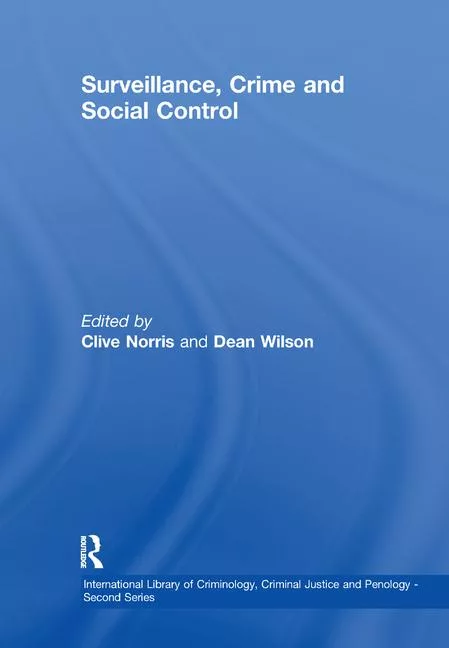We need the Foreign Intelligence Surveillance Act more than ever

Image by rudall30 via Freepik
International terrorism isn’t going away, so why have Foreign Intelligence Surveillance Act (FISA) orders dropped by more than half in the last two years? Could the pandemic have disrupted terrorist activity so significantly? The truth may be a bit more complicated.
First, some data from the Office of the Director of National Intelligence. In 2019, the FISA court approved just over 900 probable cause requests. The following year that number dropped to 524 requests. And in 2021, that figure dropped further, to 430. Officials attribute that figure to the effect of the pandemic. Terrorists have been as suppressed in the movements as everyone else.
However, in 2019, the Federal Bureau of Investigation (FBI) came under sharp criticism for FISA warrant applications that targeted a former campaign operative of Donald Trump. The agency promised to implement corrective measures, but have since denied that policy changes had anything to do with drop in FISA orders.
As a former intelligence analyst, I am very well aware of those policies. I was responsible for reviewing National Security Agency (NSA) cables and FISA requests and developed a strong knowledge of protocols and procedures for initiating a FISA search, including: special agents must demonstrate probable cause to believe that the “target of the surveillance is a foreign power or agent of a foreign power” and that “a significant purpose” of the surveillance is to obtain “foreign intelligence information,” and that appropriate “minimization procedures” are in place.
Once the search was approved, the analysis was constrained to the warrant’s scope. Analysts could not “see” what they weren’t authorized to investigate, and the search was time-limited.
Similarly, the rules for a domestic wiretap also need to follow established protocols. A special agent needs to give a detailed description of the device to identify the target’s phone. They also need to provide a list of potential subjects, predicate offenses committed by those subjects, and detail the investigation’s goals.
These rules are very important. They protect the civil liberties of Americans and foreign nationals. They also protect the investigation from overreach. The lag in approvals is a sign that the trust is just not there. It’s important for the FISA court to understand the missteps, not to micromanage the FBI, but to keep a close eye and make sure that there is no breach of privacy. When that happens, when the organization earns back that trust and gets back to its roots, I believe that we’ll see the approvals rise once more.
And in a way, this drop in warrant approvals gives the FBI a chance to audit its processes and make sure that the government is conducting business exactly as it should be.
The sooner that happens, the better. International and domestic terrorism are on the rise, and having FISA is essential to getting ahead of both.
FISA is essential in giving us insight into how people behave and become indoctrinated into terrorist activities, both foreign and domestic terrorism — and we’re unfortunately behind the ball on domestic terrorism analysis. FISA also helps in determining that gray area between surveilling activities that are not truly suspicious and those that are immediately pressing. In those exigent circumstances, in which an analyst has a good case and evidence that there’s a potentially detrimental event, the request will likely get the blessing from the FISA Court. But the other requests are being scrutinized, and that’s as it should be.
The sooner FISA requests are back up to reasonable levels, the better because the fact is, terrorists and other malicious actors aren’t sitting idly by. They are planning and carrying out attacks. We have plenty of evidence.
- The cyberattacks on infrastructure over the last two years, including the Colonial pipeline attack.
- The Colleyville synagogue attack.
- The overall surge in ransomware attacks in 2021.
- A foiled terrorist foreign terrorist plot to assassinate former President George W. Bush.
These attacks signal a return to “business as usual” for international terrorists.
And what about domestic terrorism? Besides the Jan. 6 attack, there have been a number of domestic terror attacks in the U.S. These include:
- The Buffalo, New York, shooting, targeting African-Americans.
- The El Paso, Texas, Wal-Mart shooting, targeting the Latino community.
- The Laguna Woods, California, attack on a church, targeting the Taiwanese community.
Lone offenders, the internet and social media are the biggest correlations between domestic and international terrorism. Government agencies are spending more time and resources connecting lone offenders domestically to international groups and discovering that many have been radicalized online or have even taken trips internationally. The advent of social media and propaganda only aids this connection.
With the upswing in domestic-borne terrorism, as illustrated by the Jan. 6 attacks on the Capitol, some people may ask, are investigative resources in international terrorism taking away from attention to domestic terrorism? I personally don’t believe that is the case. If anything, I believe the work we’ve done on international terrorism has enhanced our domestic terrorism programs.
While the government initially tried to silo their domestic terrorism and IT investigative programs, that’s changed. Analysts on both squads now pool their resources. They often work together and assist each other with intelligence to help their investigations.
We need FISA. I shudder to think what we would do without it — we would be in a pre-9/11 state of intelligence gathering, and in this day and time of increasing technological sophistication, we would be in terrible trouble. FISA is a powerful tool, and it must be used properly and with great respect for its powers and its legal limitations.
Looking for a reprint of this article?
From high-res PDFs to custom plaques, order your copy today!








